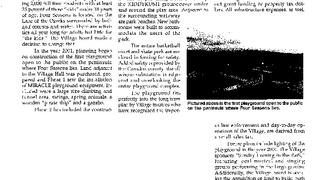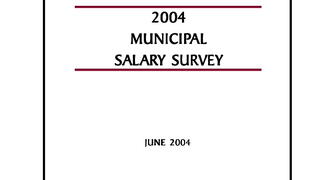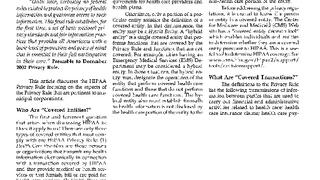Displaying 17074 - 17082 of 19294 results
Project / Research Report
This article discusses basic parliamentary procedure and running an ordered, efficient meeting. Reprinted with permission of the Michigan Municipal League.
Organizational Policy
Are you looking for a way to plan a professional development program? ICMA offers assessment instruments that you can use to determine your relative management strengths and the areas where you would do well to focus your professional development time...
Project / Research Report

This article highlights the Come Home to Norfolk Now housing campaign to encourage reinvestment in Norfolk, Virginia, neighborhoods.
Project / Research Report
This article states that a city manager--in his or her first year--can lead the voters



